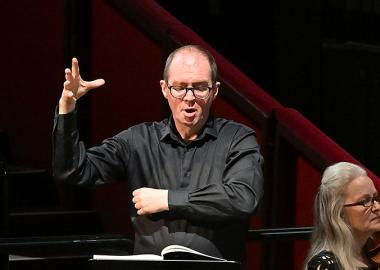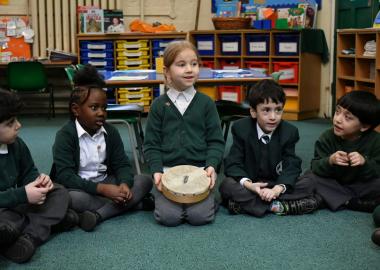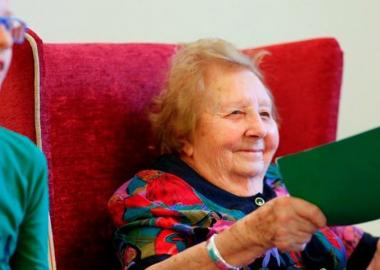Mark Foster of the Child Protection Company highlights how safeguarding responsibilities have shifted during the pandemic, and the importance of creating a safe environment for all your music makers.
The Association of Directors of Children’s Services latest report ‘Safeguarding Pressures Phase 7’ outlines pressures faced by local authorities during 2019/20, including a focus on activity in the first six months of the Covid-19 pandemic. The findings are a timely reminder that we should all keep our eyes open, and if it’s relevant to your music group, keep your safeguarding training up-to-date as restrictions lift.
In the initial six months of the pandemic, more children were referred who were not previously known to social care services. Adults experiencing domestic abuse, mental health difficulties or substance misuse, remain the most common reasons why children and young people come to the attention of children’s social care services.
There was an increase in the proportion of child referrals which have a primary need of abuse and/or neglect to 62.4% of all referrals in 2019/20.
Police continue to be the biggest source of contacts and referrals, with the number from health and education increasing. Referrals from A&E alone outstrip those from school nurses, health visitors and GPs combined.
The most common sources of contacts and referrals have changed since March 2020. There were fewer referrals from schools, due to school closures, and an increase in those from the public and self-referrals.
There was an increase in the proportion of child referrals which have a primary need of abuse and/or neglect to 62.4% of all referrals in 2019/20.
Children and young people requiring support from children’s services now have more complex and multiple needs. This is forecast to increase further as the full impact of the pandemic is realised.
The longer term and lasting impact of the Covid-19 pandemic on families remains to be seen however, with local authorities identifying ‘latent need’ that is as yet unknown. As the pandemic eases, local authorities anticipate significant increases in children's emotional and mental health needs.
Key changes predicted include an increase in poverty and worklessness; domestic abuse; parental and child mental health difficulties; parental substance misuse; potential anti-social behaviour and community unrest.
So what does this mean for my music group?
Basically, it’s a reminder to keep your wits about you as things return to normal and report any safeguarding concerns you may have about any child, young person or vulnerable adult you come into contact with through your group’s activities. It may be vital in preventing abuse occurring or reoccurring. In the first instance report your concerns to your music group’s designated Safeguarding Lead.
You will not be criticised for raising your concerns, as you could be bringing, quite literally, the last piece of the puzzle. If you’re the Designated Lead, then where a referral is required, it should be made within 24 hours.
Discounted course for Making Music member groups
If you need support with how to safeguard your music group, Making Music has teamed up with the Child Protection Company to develop an online safeguarding course designed specifically for leisure-time music groups, available to Making Music members with a discount of 25% until 31 July 2021.
The course covers safeguarding for children and adults at risk and gives anyone who leads groups an understanding of their responsibilities, helping to make their group a safe environment for all.
Whether you work directly with young people or adults at risk or not, the course is a good learning tool and will help provide peace of mind that you are doing the right things.
Remember: Safeguarding is everyone’s responsibility.
Find out about the Child Protection Company-Making Music safeguarding course.










